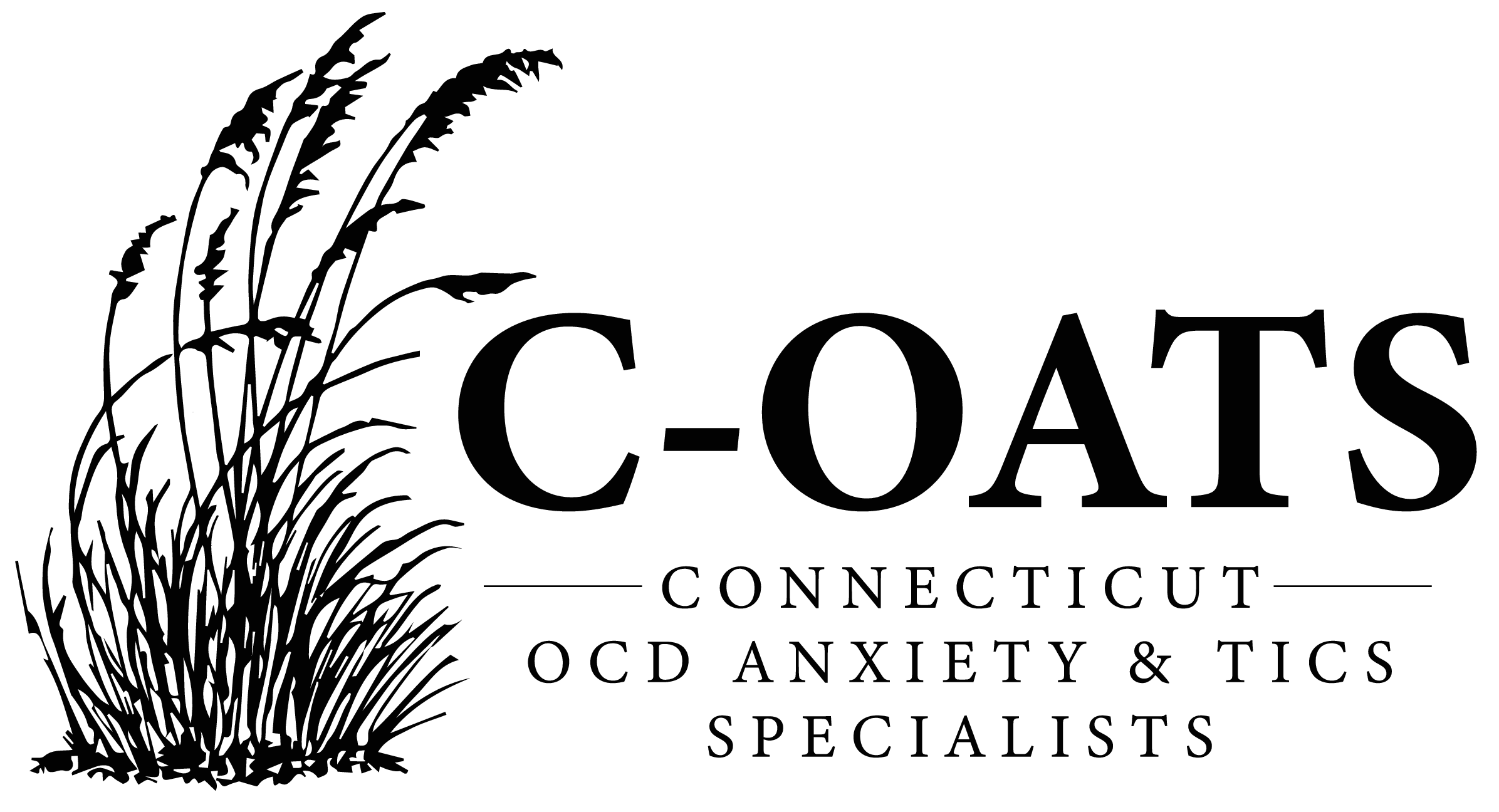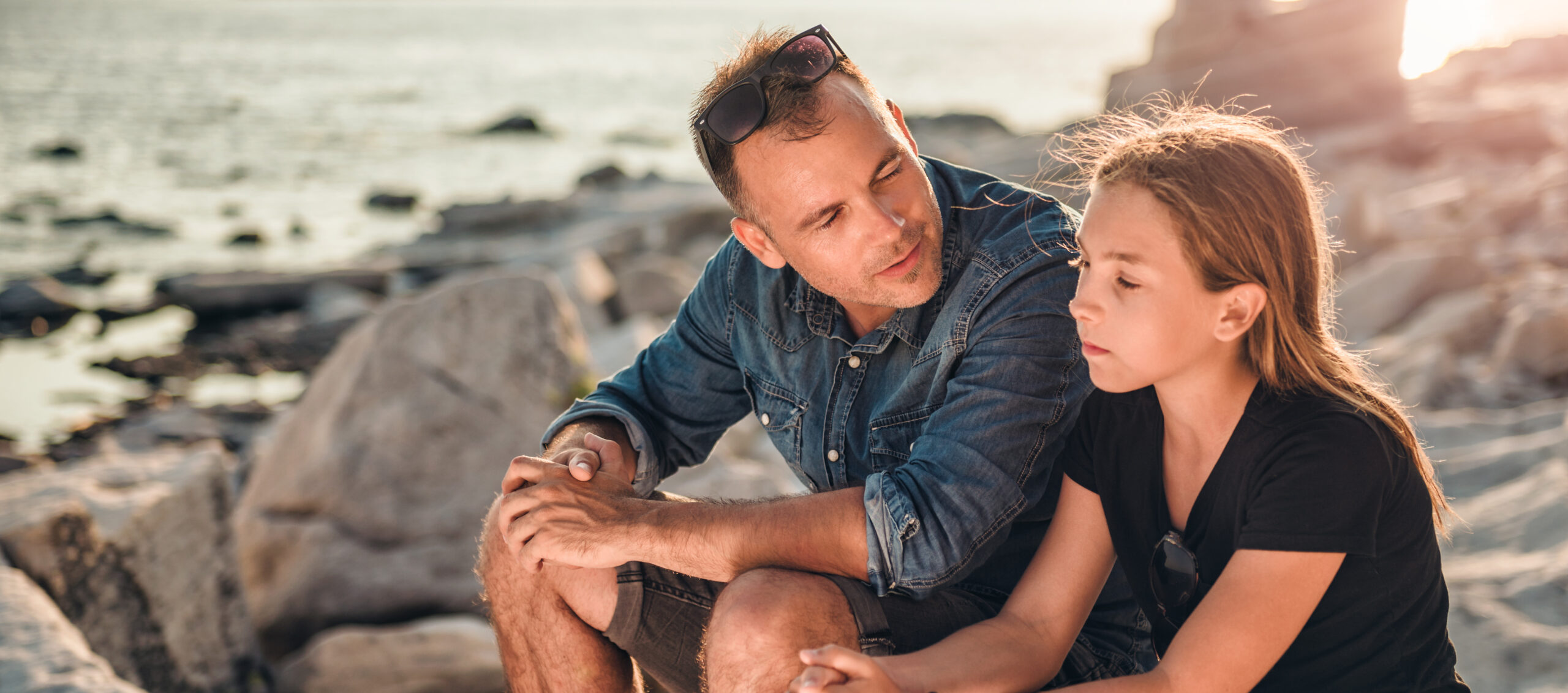While occasional anxiety is a common and an expected part of life, anxiety disorders go far beyond temporary worry or fear. The symptoms of anxiety can be crippling and interfere with daily functioning and activities, thus impacting a child’s well-being, development, and daily life.
An anxious child may become very afraid when separated from their parents.
A teenager with general anxiety may be extremely worried about bad things happening in the future.
A young person with social anxiety may avoid social experiences such as extracurricular activities or going to events with peers.
.A Brief Overview of Child Anxiety
According to the American Psychological Association, before the COVID-19 pandemic, anxiety was rising in young people. In 2012, about 11.6% of kids had anxiety. In 2020, those numbers nearly doubled to 20.5%, and in subsequent years, the number has increased.
According to research done by the National Research Council and Institute of Medicine, an estimated 32% of adolescents living in the U.S. have experienced an anxiety disorder.
Anxiety can manifest in consistent episodes of sudden and intense fear resulting in physical symptoms such as heavy heart pounding, shortness of breath, or feeling dizzy, shaky, or sweaty. Anxiety may also make young people irritable and angry and cause insomnia, fatigue, headaches, and stomachaches.
Although the type of anxiety disorder and the symptoms presented will be unique to each child, experts agree that early detection and intervention are key to successful and effective child anxiety treatment.
Early intervention will help prevent the escalation of the anxiety disorder and positively impact the young person’s overall mental health and well-being.
Getting A Child Assessed For Anxiety Treatment
What should parents do and expect when formulating a path forward to treat their child for anxiety?
- The first step is to consult with a licensed healthcare provider about getting your child evaluated. This professional may include a primary care physician (PCP) or mental health specialist such as a child psychologist or child anxiety therapist.
- Prior to the appointment, parents/caregivers will typically be asked to complete questionnaires/intake forms about the child’s history so that the mental health professional can have initial insight into their learning, social, behavioral, emotional, and personality development.
- At the assessment, the mental health professional will conduct a series of interviews and tests to evaluate a child across many areas socially, academically, psychologically, and emotionally.
- Following the assessment, a customized plan tailored to a child’s needs will be created.
Working With a Child Anxiety Therapist
A child anxiety treatment plan will be developed by a mental health professional. This plan may include child therapy, collaborative family therapy, or a combination of both.
Treatment for child anxiety may include:
- Cognitive-Behavioral Therapy (CBT)
- Play therapy and other age-appropriate therapeutic modalities
- Age-appropriate coping, mindfulness, and relaxation mechanisms for managing anxiety
- Collaborative efforts between mental health professionals, educators, and parents
- Medication such as Selective Serotonin Reuptake Inhibitors (SSRIs)
“Evidence-based treatment modalities like Cognitive Behavioral Therapy (CBT), are extremely effective in treating various forms of anxiety. Through CBT, we use techniques such as exposure therapy which exposes a child to the things that trigger anxiety in small, structured steps. As they become accustomed to each of these triggers, we try to change their behavior to get rid of the fear,” said Dr. Matthew Specht, licensed child, adolescent, and young adult psychologist and founder of C-OATS located in Fairfield County.
Other Ways to Support Your Anxious Child
In addition to getting your child the appropriate anxiety treatment, here are some other tips for helping your child manage their symptoms:
- Provide a healthy and well-balanced nutrition plan incorporating plenty of fruits, vegetables, whole grains, legumes, lean protein, nuts, and seeds
- Encourage participation in daily physical activity
- Ensure your child gets the recommended amount of sleep based on their age per night
- Incorporate mindfulness or relaxation techniques into your child’s routine
- Encourage social interaction and connections
- Create a positive, patient, and supportive home environment
- Educate other family members about anxiety and the struggles your child may face
- Build resilience and foster a positive self-image in your child
C-OATS—Offering Support & Treatment for Child Anxiety
Dr. Specht said, “Anxiety among young people is on the rise and early intervention is one of the best things parents/caregivers can do to help their child. With the proper treatment, most children with anxiety disorders can go on to manage their symptoms to launch successfully into adulthood. We’re here to support you and help navigate this process.”
Here at C-OATS we encourage you to remain proactive in your child’s mental health journey. If you have concerns or questions about your child’s well-being, please contact our office here, and let’s talk.
Sources:




Comments
0 Comments